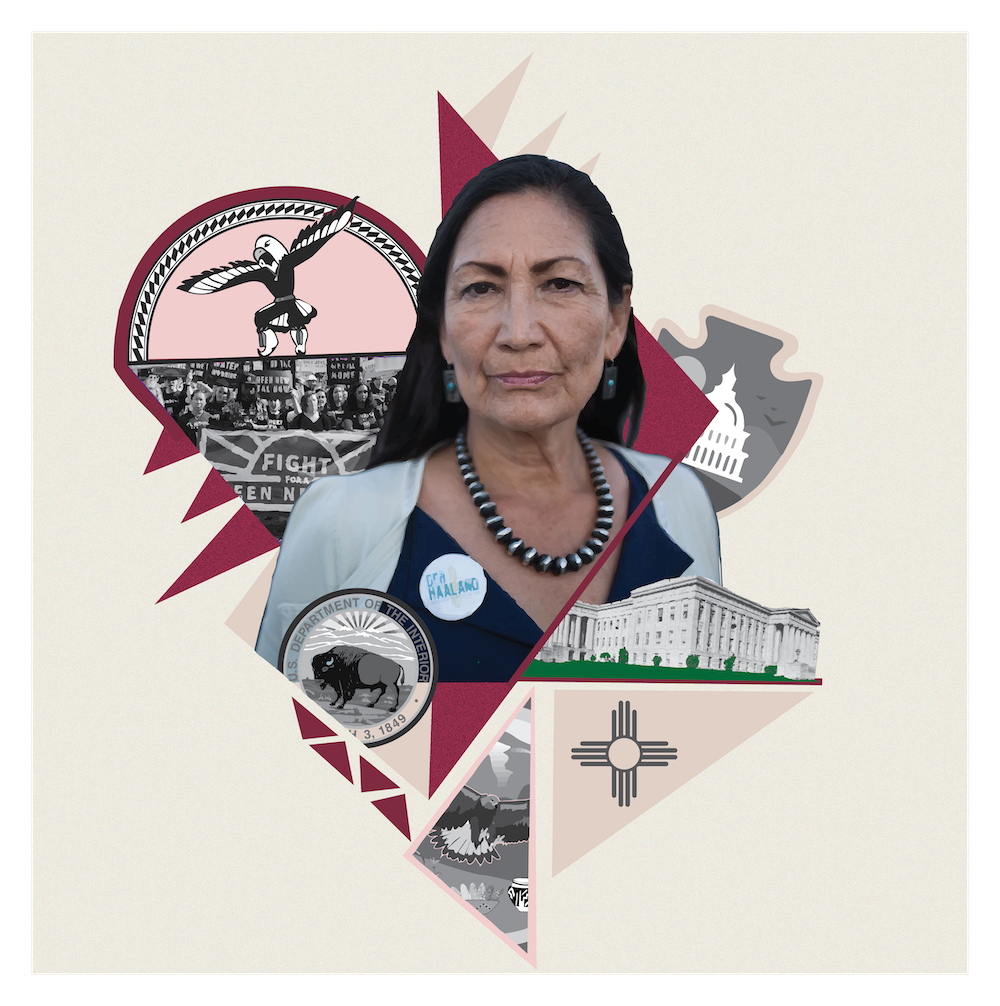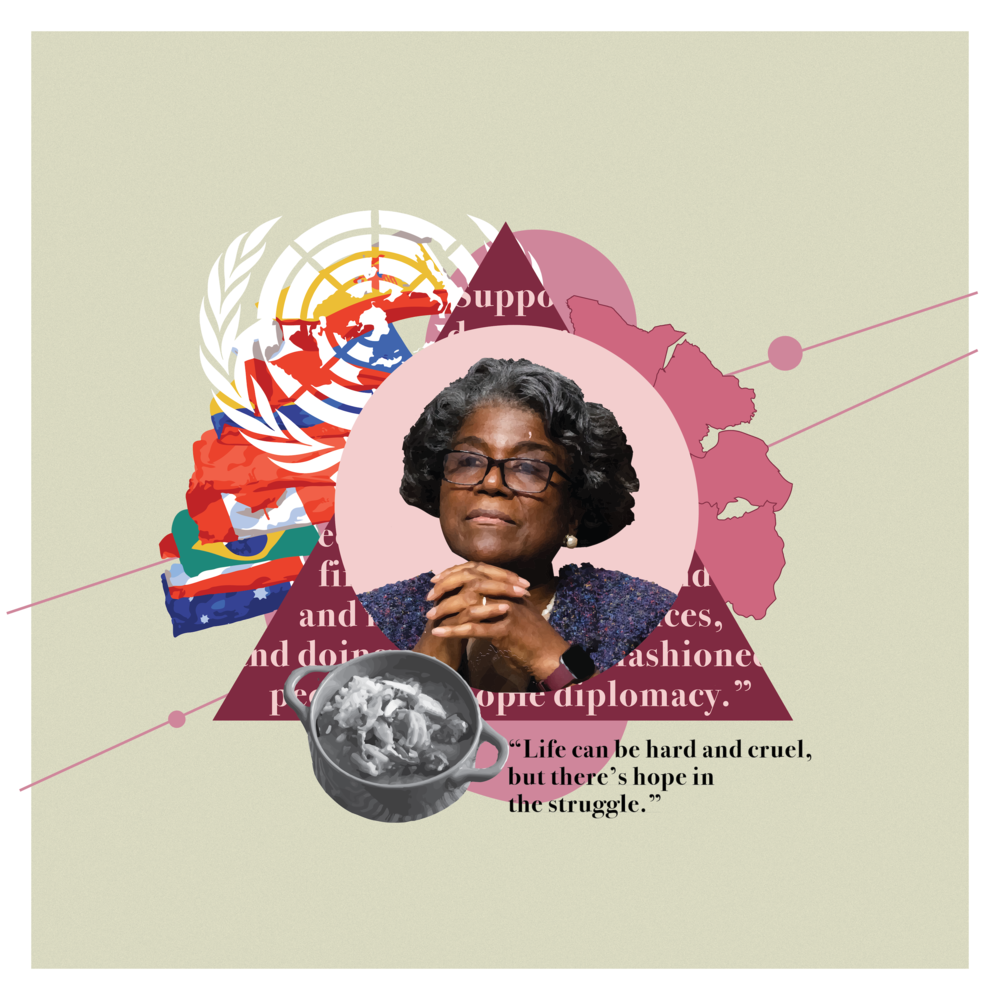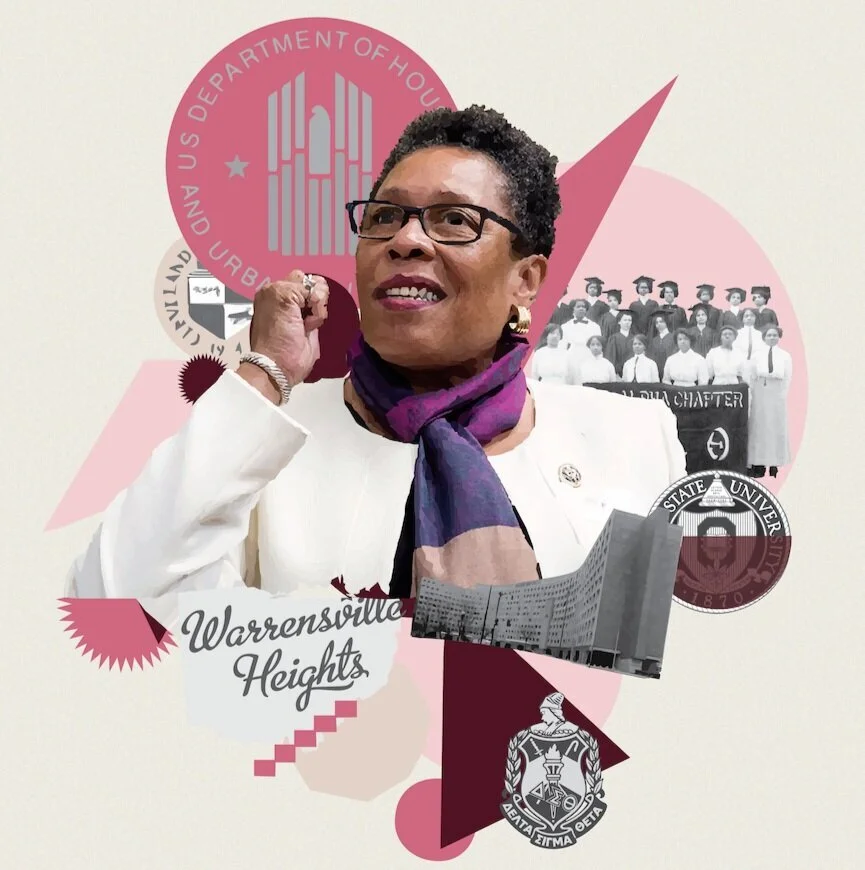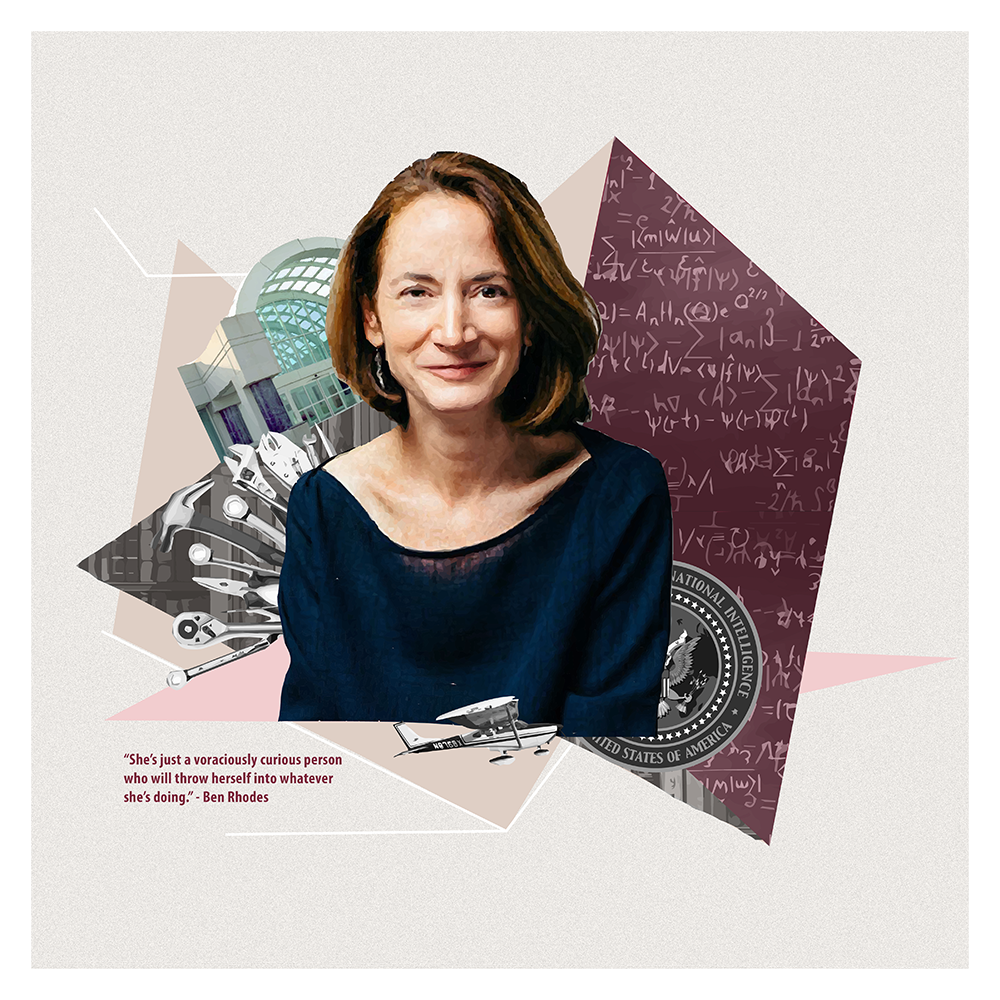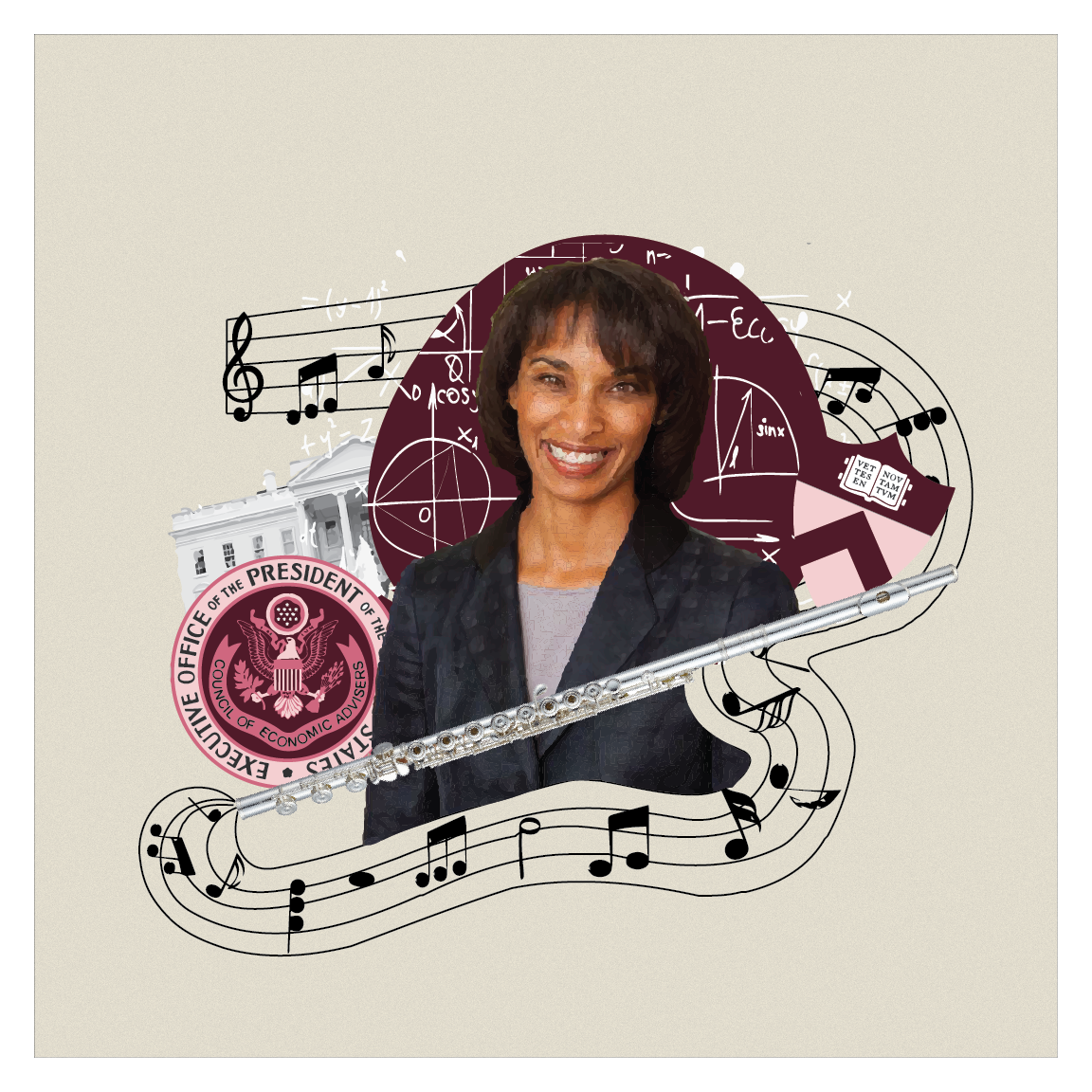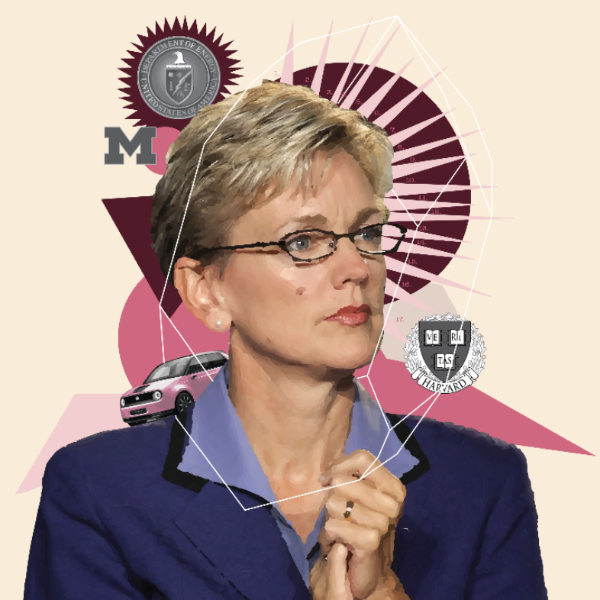At Sundance Film Festival's annual Women's Leadership Brunch this year, I had the privilege and responsibility of moderating a panel intended to highlight some of the activism and initiatives that have emerged from the #MeToo movement. I wanted to share a lightly edited version of my remarks introducing the panel and some highlights from our discussion.
(L-R) Abigail Disney, Tilane Jones, Angela Robinson, Pat Mitchell, Kirsten Schaffer, Nina Shaw, Dr. Stacy L. Smith, and Tessa Thompson speak onstage at The Sundance Institute, Refinery29 and DOVE Chocolate Present 2018 Women at Sundance Brunch on January 22, 2018 in Park City, Utah. (Photo by Phillip Faraone/Getty Images for Refinery29)
At times like the one we are in now, in which the need for sweeping and sustainable changes are widely viewed as essential, I think it’s important to reflect upon other times when the truth-telling compelled us to listen and to believe. Those times when the "collective fury” resulting from the painful stories caused us to rise up and to challenge the dominant power paradigm — demanding justice and equality, personal safety and professional equity. That is where I see us now, as women leaders and the men who are standing with us, at the beginning of building a new social justice movement.
My generation came of political age during two of the great social justice movements of the past century: the civil rights movement and the women’s equality movement. Like many women my age (dangerous older women who have nothing to prove, less to lose, and are impatient for the equality we have been rising up to claim for nearly half a century), I have my own #MeToo stories of sexual harassment, of humiliations, threats and intimidations. And I’ve been on the front lines of movement-building as a participant and as a journalist. From those experiences, I see parallels in the successes and failures of these and other global movements that are relevant and important to remember as we begin the work of shaping a movement from #MeToo to “Time’s Up!"
All movements toward systemic change begin with brave victims of the current system — the oppressed, violated and left out — speaking truth to power. Sadly, every woman I know has a #MeToo story, and we need to hear them and believe them. These individual stories of abuse of power and sexual predatory behavior have become almost daily headlines, and we need to continue to support and to respect the bravery and courage it takes to speak the truth. But we also need to recognize that the movement building we are now beginning is truly the hard part.
Systemic change takes time. In the suffrage movement in the US and UK, for example, it took decades for women to get the vote and ultimately, the US left out women of color.
There is seldom a singular path to change. In the civil rights movement, the more radical leaders insisted on equality at any cost and were willing to take revolutionary and sometimes violent actions to achieve their goals. Other movement leaders — notably Rosa Parks, Bayard Rustin and Dr. King — believed that full rights and equality could be more readily obtained and sustained by nonviolent means, with slower, steadier progress achieved with allies across racial and political lines.
Likewise, seldom has there been unity of opinion or strategy on how best to achieve change and these divisions can be counterproductive. From the beginning of the women’s equality movement in the early ‘70s, there were distinctly different pathways put forward. Many saw that movement (once again) led by white privileged women and as the press created celebrities and capitalized on the divisions among us, we lost battles we could have won with unified action and leadership. I could share many war stories of the internal conflicts that again and again divided us from each other. Because of that divisiveness, real and exaggerated, many of our objectives were ultimately out of our reach. Although some battles were won, today we are still fighting for the ERA and still making the case that feminism is a movement for all women.
It’s instructive, too, to look to the more recent example of the movement to end apartheid in South Africa. The famous truth and reconciliation trials, presided over by the much beloved Bishop Desmond Tutu, began with testimonials — the truth-telling, #MeToo moment that comes at the beginning. Then Bishop Tutu skillfully transitioned to the “Reconciliation,” the time for strategies and solutions to be put forward and considered so that the systemic changes necessary to end apartheid were secured and could be sustained.
Nothing less than a complete shift in the power paradigm was necessary to ensure that all the policies and practices connected to the former dominant power were disavowed and made illegal.
In all these movements, there are lessons for us now as we attempt to identify and sustain the changes necessary to shift the current power dynamic and confront the ways power has been used to abuse, harass and manipulate. We need to put forth specific strategies and concrete actions for real and sustainable change to take hold.
Punishment for named offenders is an important step in that process, but as we have seen in so many instances in recent history, punishment doesn't always seem to ‘fit the crime’ or result in a sense of authentic justice for the victims, nor does it lead us, collectively, to new policies and practices.
Ultimately, those changes must come from those who hold the power, and we know that few, if any, power holders throughout history have given up power without a struggle. The pressures for change will come from initiatives and solution-based strategies that will continue to expose abuses, put forward new guidelines and goals for companies and government, provide legal remedy where possible, and identify and dismantle the barriers to a power paradigm that is more equal, more inclusive and accountable.
With this frame of reference, a historical perspective on movement building, I introduced some of the remarkable women leaders putting forth strategies and solutions for changing the systems, the stories and the storytellers, for protecting rights and preserving freedoms, for creating a new cultural narrative that transforms the pronouncement — TIME’S UP — from a rallying cry to a reality.
(L-R) Nina Shaw, Kirsten Schaffer, Angela Robinson, Tessa Thompson, Pat Mitchell, Dr. Stacy L. Smith, Abigail Disney, and Tilane Jones attend The Sundance Institute, Refinery29, and DOVE Chocolate Present 2018 Women at Sundance Brunch on January 22, 2018 in Park City, Utah. (Photo by Phillip Faraone/Getty Images for Refinery29)
Abigail Disney, Level Forward
Filmmaker and philanthropist Abigail Disney, along with her own award winning documentaries, has devoted funds to supporting the work of other women and recently teamed up with the award-winning women who run 'Killer Content' to launch Level Forward, a startup studio venture that will back projects driven by women and persons of color. The for-profit company has been set up as a public benefit corporation that serves the public good and is leveraging ownership as a huge lever for positive change.
Tilane Jones, ARRAY
Angela Robinson speaks onstage at the 2018 Women at Sundance Brunch on January 22, 2018 in Park City, Utah. (Photo by Phillip Faraone/Getty Images for Refinery29)
Tilane Jones is the executive director of ARRAY, a film distribution collaborative focused on filmmakers of color and women. ARRAY was founded by Ava DuVernay in 2010. ARRAY's work is dedicated to the amplification of independent films by people of color and women filmmakers globally. ARRAY has independently distributed 17 feature films and documentaries over the past 8 years.
Angela Robinson, 50/50 by 2020
Angela Robinson is a film and television director, screenwriter and producer and one of the founders of 50/50 by 2020, along with Jill Soloway and others. 50/50 by 2020 is a movement of women, people of color and LGBTQ members of the entertainment industry, advocating for leadership and hiring practices that reflect the reality of our audiences to inspire authentic content creation and safer workplaces by the end of this decade.
Tilane Jones and Kirsten Schaffer. (Photo by Phillip Faraone/Getty Images for Refinery29)
Kirsten Schaffer, ReFrame / Women in Film LA
Kirsten Schaffer is the executive director of Women in Film, Los Angeles, which advocates for and advances the careers of women working in the screen industries – to achieve parity and transform culture. The organization has been integral in the launch of ReFrame, an action plan designed by Hollywood leaders and influencers – including studio heads, agency partners, senior network executives, talent and guild representatives — together with Women in Film and Sundance Institute, to create gender parity in the entertainment industry. ReFrame Ambassadors meet with their Hollywood peers at the highest levels to introduce programs and collaborative practices designed to pull key levers that will advance gender equality.
Nina Shaw, The Commission on Sexual Harassment and Advancing Equality in the Workplace
Nina Shaw is a highly influential and greatly respected entertainment lawyer and one of the founders of Time’s Up and The Commission on Sexual Harassment and Advancing Equality in the Workplace. The commission is headed by Anita Hill and composed of and funded by some of the most powerful names in Hollywood. Their mission is to to tackle widespread sexual abuse and harassment in the media and entertainment industries and address the power disparity.
Dr. Stacy L. Smith from USC's Annenberg Inclusion Initiative
Stacy L. Smith is a professor at the USC Annenberg School of Communication and Journalism and founder of the Annenberg Inclusion Initiative. Her groundbreaking research focuses on the barriers to opportunities for women and underrepresented groups on screen and behind the camera. The Annenberg Inclusion Initiative is the leading think tank in the world studying diversity and inclusion (gender, race/ethnicity, LGBT, disability) in entertainment by developing targeted, research-based solutions for companies to tackle inequality through research, advocacy and action.
Tessa Thompson, Time's Up Actors' Group
Tessa Thompson is an actor whose most recent work includes the film, Sorry to Bother You, which screened in the Dramatic Competition at this year’s Sundance Festival. The Time’s Up Actors’ Group is one of the working groups under the Time’s Up banner. Among hundreds of members — all well-known actors — are women with the power to demand equal pay, safe working conditions and new storylines. They also have have helped raise funds (over $16 million and counting!) for the Time’s Up Legal Fund to defend the hundreds of thousands of women working in the service industries who can't afford to speak out and risk losing their jobs.
Tessa Thompson, wearing a sweater tribute to women directors, at the Women at Sundance Brunch. (Photo by Phillip Faraone/Getty Images for Refinery29)
Our conversation wasn't recorded but I can share that what emerged from our discussion was a sense that the movement building, while still in its early days, is committed to not letting this time of painful truth lead to rollbacks in women's progress towards equality as has happened before — most notably, following Anita Hill's courageous testimony against Supreme Court Justice Clarence Thomas.
There was also a healthy dose of skepticism and an awareness that promises of change need to be backed up with policies, quotas and other legal remedies that measure good intentions with concrete goals and verifiable outcomes. In a room of film and television writers, producers, executives, actors, the message that resonated deeply was the recognition that the media stories we produce greatly influence the way we view women, men and power. As an industry, we need to demand that the stories we tell be more representative of the real world and that every aspect of a production, from story creation to filming to distribution be more equitable and safe. All the panelists agreed that the first 'real world' change necessary for any of these initiatives to succeed is for women to be united in their efforts to protect, promote, support and advocate for other women.
Without a unified voice and an agenda for change that has broad and deep support from other women, this movement will fail to reach many of its objectives. And without men as allies in that change, the movement will not accelerate or be sustainable. In this movement, the rallying cry and the highly organized campaign of "Time's Up!" is shaping pathways to collective action, to creative solutions, and to real and sustainable changes.
Onward!
— Pat






